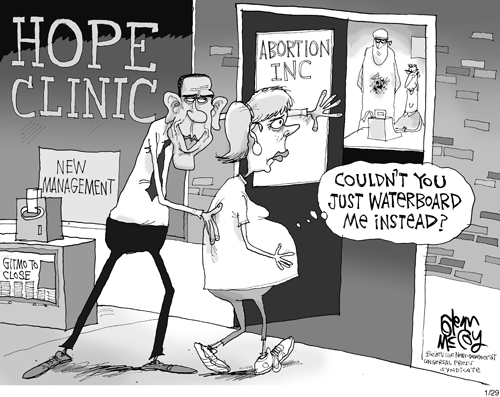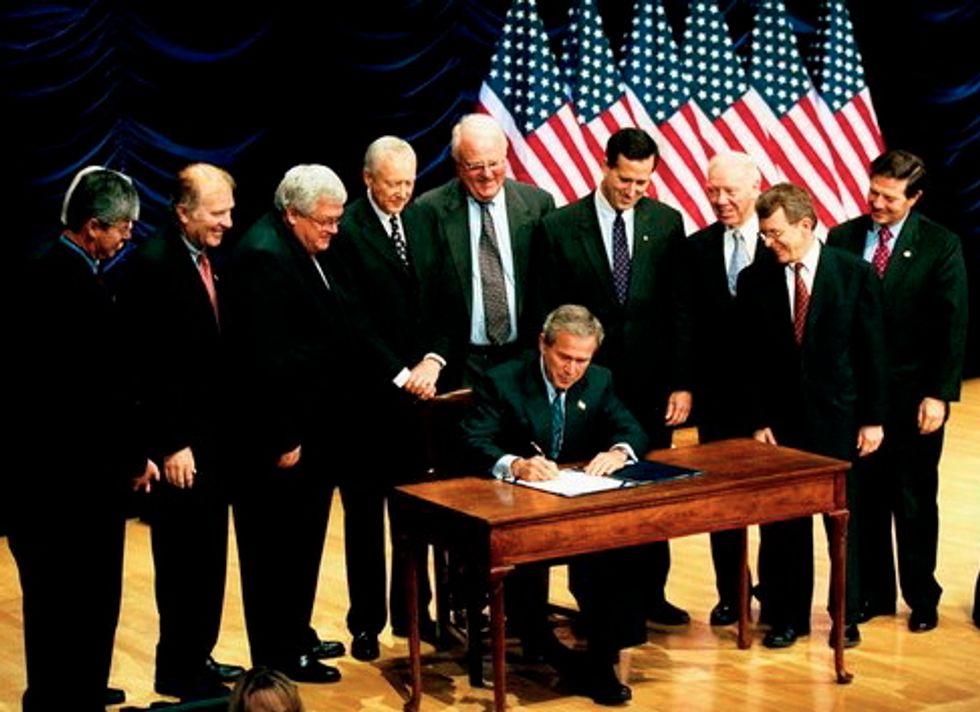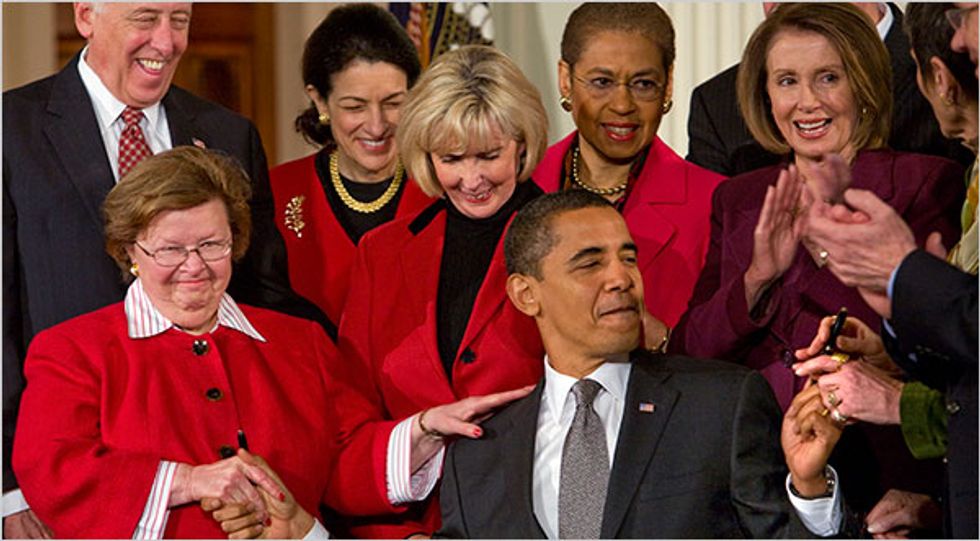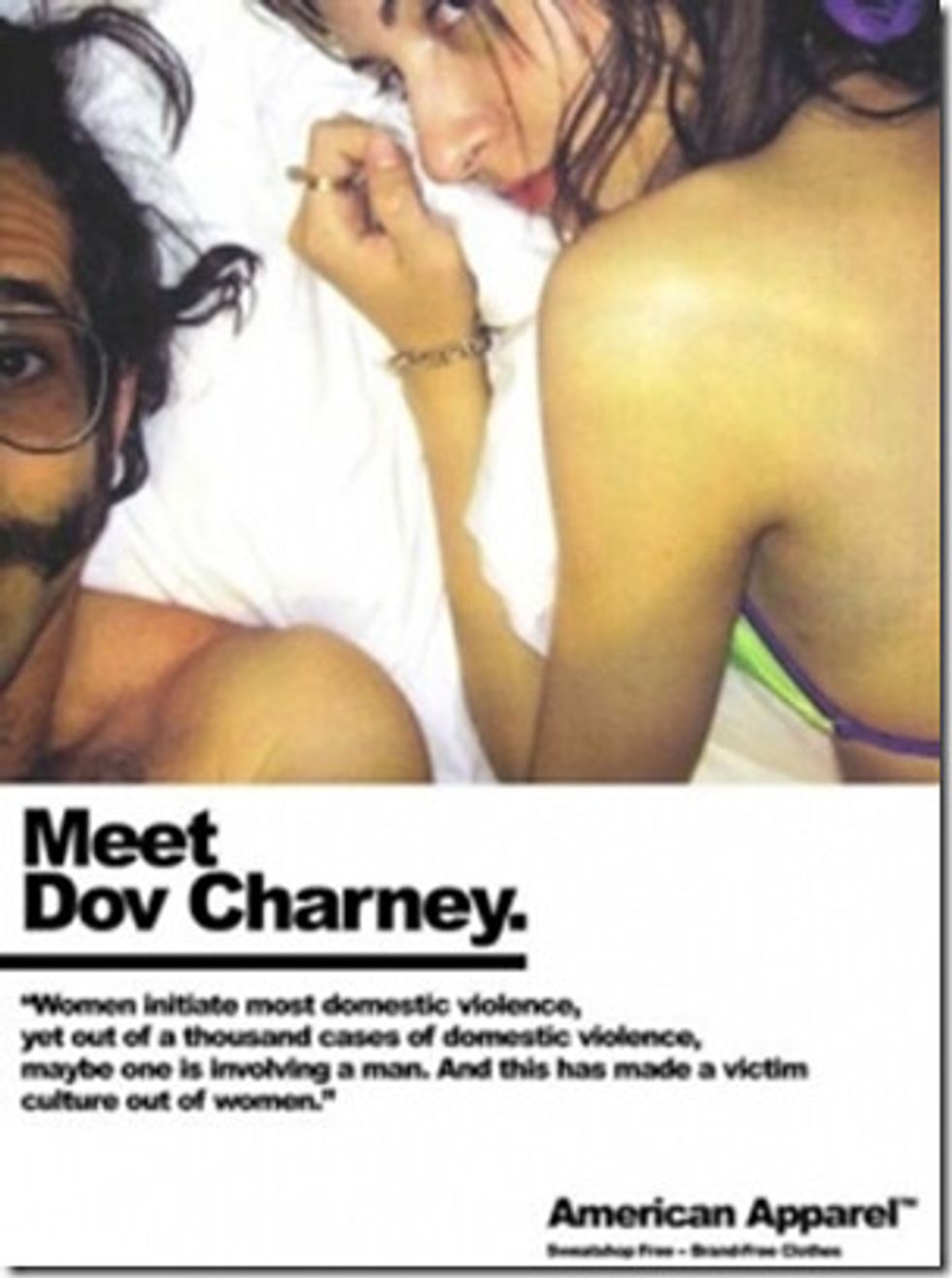Okay, so there's a movie coming out based on a dating advice manual that I blogged about irately and repeatedly when it came out, called He's Just Not That Into You. (Hat tip.) Here's the nauseating trailer of doom:
My working theory now is that reactionary romantic comedies are being deliberately cast with actresses who are appealing because they seem smart and independent, because women in the intended audience---basically, bridal magazine subscribers who buy patriarchal bullshit hook, line, and sinker---are still, like more feminist women, attracted (platonically) to intelligence and independence. So it flatters women who have just submitted quietly to male domination. Look, these movies say, even the sort of women you think of as role models lose their fucking minds over the mere possibility of wearing a white wedding dress! So don't feel guilty for your addiction to TLC programming!
They made a movie based on a dating guide. Let that sink in. Here's an excerpt, if you're interested. The very existence of this book made me bananas when it came out, probably because it repackages the same old sexist dating advice and pretends that it's empowering. And, I think, the authors Greg Behrendt and Liz Tuccillo actually do like women and want women to be happy (which is not something I get off most dating advice, which seems more interesting in scolding women), which just makes the whole thing more painful. People who mean well and fail are the most upsetting. But, at least from excerpts I've read, the book buys into the same assumptions that guide all reactionary dating advice, assumptions that are harmful to women:
1) That you should want to be married more than anything, and that this goal crowds out other career and social goals.
2) That women's value is derived from men, and that therefore it's understandable that you're eager to get a guy, any guy, to couple up with you.
3) That women are desperate and clingy, but men have no real desire to marry or have relationships, which is the reason that there's a power imbalance between men and women. In reality, the power imbalance is due not to women's greater desire for love, but because men simply have more power in a patriarchy.
4) That therefore the only reason a man will sacrifice his inherent desire to be single is because a woman bowls him over and he loses his senses. It's assumed that men would not start relationships unless their will has been compromised somehow.
That said, I really do think the authors mean well. They accept that men have more power than women, and that this is unfair, which makes them more feminist than 99% of people writing dating advice out there. And I think what really bothered me when I went on a blogging bonanza about this book is that part of me thinks that the pragmatic aspects of their advice aren't wrong per se. Some are---it's untrue that there's no such thing as a man who puts off asking you out because he's shy or his sense of propriety stops him. I've had a lot of male friends who I've seen fall for a woman like crazy, but who couldn't quite work up the courage to approach her. Behrendt and Tuccillo puff up men to be these omnipotent beings who never suffer from mortal weaknesses like women, such as shyness, fear of loss, or fear of rejection. They paint a world where men are so brave they wouldn't hesitate to hit on an employer, even if it meant lost income. I disagree with the "men are superhuman" premise of the book.
But, and this is what made me attracted/repulsed to it, I can't help but think that it's a good thing if women had some kind of coaching that pushed them away from being desperate or clingy. Not that all women are, by a long shot, but our culture does admittedly condition women towards this behavior. And who can blame them? Every time you turn around, you're hit with another variation of the message, "You're nobody until a man---any man---chooses you." And who doesn't want to be allowed into the human race? With that sort of pressure, the more important issues regarding love---such as, "Do you even like him?" and "Are you a good match?"---become secondary. Worse, that sort of cultural belief does reinforce the power imbalance, and men can use women's desire for acceptance to flatter their own egos, even if they feel nothing for such women. Anything you can do to get off the carousel of having your self esteem sucked dry to boost someone else's is a good one, I suppose. I'm pragmatic that way. To add the layer of irony, the only realistic way to become the woman that gets that gaga attention from a man because he's so infatuated with you is to be independent and interesting and send the message that you don't need him. Needy, clingy people who have low self-esteem who are motivated less by their own ideas and more by the desire for approval aren't that attractive. Getting into the habit of blowing off every single guy who even shows a modicum of waffling about your inherent awesomeness provides immediate results in improving your outlook, attractiveness, and it frees up your time for interesting hobbies.
It's telling that the authors didn't just come out and say, "Tell the heteronormative patriarchy to bite your butthole, and live your own life as if it's worth something regardless of who you sleep with." No, in order to get even the smallest sliver of commonsense in, they had to hide it in an insult. Mustn't let women think too much of themselves, you know. It's not, "You're too good to waste your time." It's, "Assume that you're rejected because you're not that interesting until someone proves otherwise."
In a landscape where most dating advice is misogynist, this book sometimes seems like more than what it is, simply by not being misogynist. The authors believe that women shouldn't go to great lengths to change themselves to be acceptable to men. They assume that people's tastes differ, and if Guy A isn't into you, that doesn't mean Guy B won't be. This notion that people actually differ and dating is about making a match not verifying your absolute worth is a breath of fresh air. Too bad it's laden down with sexist assumptions.
What maybe made it hardest of all for me was that the book basically exposed what is a maddening paradox of being a modern straight woman who is interested in not hating herself---being assertive and forward is generally a good thing, but for some reason, in dating, you run the strong risk of not empowering yourself, but humiliating yourself. In all honesty, if I was giving advice to a female friend about dating, it wouldn't necessarily be a lot different from what's in this book. Don't sit by your phone. If he doesn't call you, forget about him, because he doesn't like you. If he's not 110% into you, then he probably never will be, so if your heart's into it, give up on him. (Unlike the authors, I think women can be totally casual, too, and so I fail to see why a woman can't use a guy for sex who is using her, too.) If he can't manage to ask you out, he's not worth your time. The second he waffles, drop him like a turd that landed in your hands, because this will end poorly. The only man worth seeing is one who wants you so badly that he would never "forget" to call, who never makes you wait for him to pick you up for a date, whose responses to you are laden with an eager desire to be around you. I'm not saying that it's wrong to waste your time on men you just want to have sex with and not date seriously, but my experience strongly suggests that you shouldn't give a sliver of your heart to anyone who has any feelings about you other than, "My god, she's so awesome, when can I see her again?" For your own protection. Because dating as a straight woman means constantly engaging on a plane where you're at a social disadvantage, and you have a right to protect yourself.
Is it un-feminist to say this to women? I don't think so. Carving out independence and self esteem in a society that wishes to deprive you of these things isn't an easy task. We don't live in the world we want. We live in a world where a lot of men feel entitled to use women to boost their own egos, or who don't have the knowledge or desire to shut down a desperate woman by telling her they just aren't feeling it. Women really must work hard not to be desperate, and if that means being overly strict about what you consider a lack of interest from a man, so be it. But I feel guilty saying it. I wish you could just tell women to behave as if the world was perfectly equal, and that would somehow make it that way. But it's not.
All this said, what little merit the book has due to good intentions doesn't appear to manifest in the movie in any way. I'm sure that reviews will come out soon that bolster this prediction.







 Yes, I suppose if we were all
Yes, I suppose if we were all  Republicans hit the talking heads shows this week, sobbing crocodile tears about the horrors of female sexuality and getting
Republicans hit the talking heads shows this week, sobbing crocodile tears about the horrors of female sexuality and getting 
 Father Geoffrey Farrow, the Fresno priest who
Father Geoffrey Farrow, the Fresno priest who  The Lilly Ledbetter Act has been
The Lilly Ledbetter Act has been